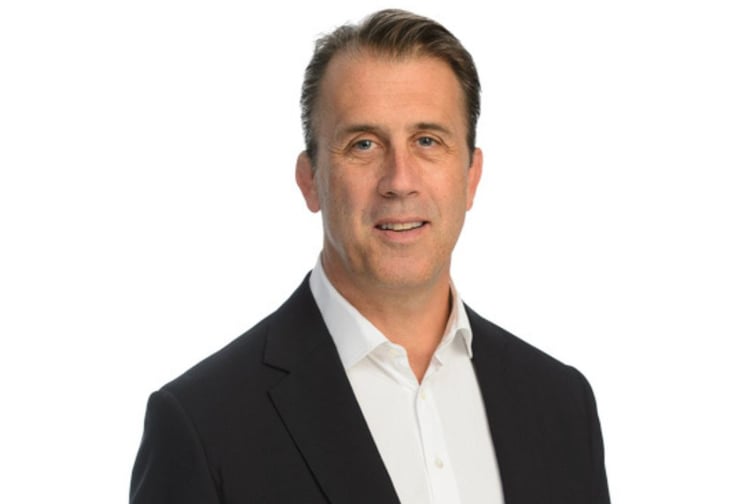

“Obviously, there are some specific challenges down here linked to climate change - of that there is no doubt,” said Nick Cook (pictured above), CEO of BMS Group.
Last month, London-based Cook visited his firm’s Australia division after a year of acquisitions Down Under. In an interview with Insurance Business he strongly emphasized his aim to make global brokerage BMS an alternative source of both insurance capacity and capital for local businesses - even in the toughest of insurance coverage areas: natural catastrophes.
“Here in Australia, clearly, we’ve had some of the most monumental, catastrophic floods in generations,” he said. “For great swathes of the eastern seaboard there is an unavailability of flood cover and it’s not because of price, it’s just simply because the market is not willing to give it.”
Cook said a broker like BMS with its reinsurance capabilities and access to global capital is responsible for finding answers to these issues.
“It’s incumbent upon us to bring solutions to the market,” he said.
Nat cat insurances, including flood coverage, is one example, said Cook. He said other challenging areas where his firm can help include some property classes.
“In Australia, cold storage would be one really good example,” he said. “It’s almost uninsurable here in Australia in terms of pricing and we’ve got more markets and more capability through Bermuda and London where we can offer capacity in those areas.”
Cook suggested that, for decades, Australian firms that depend on cold storage or refrigerated warehousing have dealt with the steep premiums associated with a hazardous sector.
“Historically, it’s had some challenging losses that have impacted the Australian market,” said Cook.
Abattoirs – known for high fire risks – but also food businesses of all kinds, including supermarket chains require cold storage facilities. Some reports suggest the cold storage property market is booming.
“In a softer market, you could probably find capacity here in Australia to place a lot of that business, particularly around the storage facilities, these big distribution centres,” said Cook. “The values are significant and these businesses want full cover and they’re unable to buy full cover in the Australian market.”
He said in London and through other markets BMS could “top up” the coverages these businesses need.
However, Cook said increased costs of living and the rising price of energy are two big issues that are making the global insurance market “very challenging.”
He also suggested that the investment side of the business world is experiencing some big changes with implications for the insurance industry.
“We see this as quite a pivotal moment in the market,” said Cook. “If you go back over, over many, many years, private equity, sovereign wealth funds, pension funds - it’s been a market that hasn’t really seen that influx of capital.”
He said BMS can help Australian businesses access these global sources of funds.
He said BMS, in certain lines of business, can offer an alternative, particularly for the middle of the market.
“We’re not going to be all things to all clients, we’re going to be very, very specific in the areas that we target and in those areas we will be a genuine alternative to the Big Three or the Big Four,” said Cook. “We believe that the mid market corporate world is crying out for a broker of the capability of BMS that has a global reach.”
He included the energy market, “particularly renewables,” also financial lines and other complex risks in the construction area. He said BMS can be “an alternative” through its network into London, Singapore or Bermuda.
Cook suggested why BMS has recently made a series of acquisitions in Australia.
“Following various refinances within the corporate structure of BMS we’ve got significant financial resources at our disposal which has meant that we can invest heavily in the business here in Australia,” he said.
Recent acquisitions include Gold Coast headquartered Austbrokers Coast to Coast (C2C) in January and SRG Group (SRG) last June. The BMS presence in Australia dates back about a decade and the firm now has offices across the country.
Cook has visited Australia for business or pleasure for a quarter of a century. He said a visit here is like returning to a second home. The main purpose was to connect with the local team.
“I’m a great believer, as the CEO, that I should be visible in terms of making sure I know all of our staff around the world personally,” he said. “It’s an opportunity for me to say ‘thank you’ for their endeavours.”
That’s no small job – according to its website, the firm has 28 offices around the world.
He said the other priority is meeting clients.
“So it’s the fun part of the job, that’s the way I describe it,” he said. “Connecting with our people and with our clients.”
